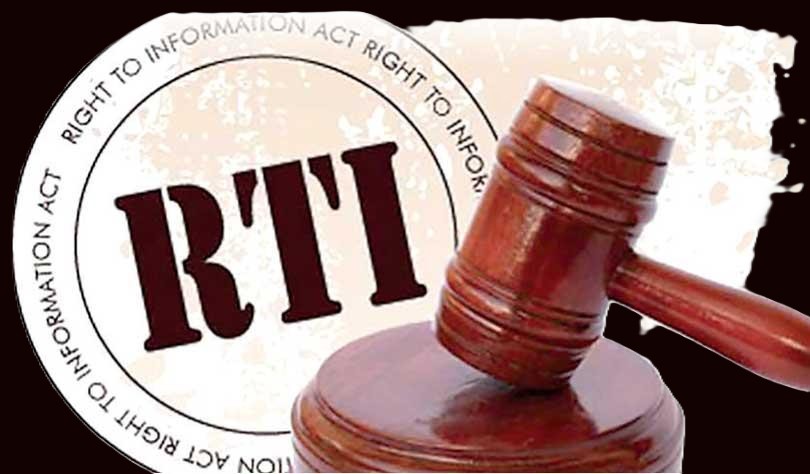The Right to Information Act was hailed as a milestone for democracy in Sri Lanka—a tool to empower citizens, ensure transparency, and hold power to account. Today, that promise is crumbling before our eyes. The law is not just failing; it is being suffocated by neglect and deliberate inaction.
Recently, a journalist asked me: “Isn’t the Information Act useless now?” That question speaks volumes. When citizens and journalists alike lose faith in a law designed to guarantee their right to know, democracy itself is under threat.
A System Designed to Fail
Consider this: half of the Information Commission’s support staff positions remain vacant. Appeals are piling up because the government refuses to allow recruitment. When I called the Commission about my own appeal, an officer admitted they are still processing cases from March 2025. Mine? It will likely be heard in 2027—two years after I requested information.
This is not inefficiency. It is a calculated erosion of accountability.
My Case: A Microcosm of a Broken System
On 21 July 2025, I requested details about the Sri Lanka Unique Digital Identity project from the Ministry of Digital Economy under proactive disclosure. I wrote to the Information Officer, Mrs. Dinuji Randika Godagamuwa. No acknowledgement. No response.
I appealed to the Secretary of the Ministry, Mr. Waruna Sri Dhanapala. Silence again—until 20 August, when he replied vaguely: “The website is being updated.” Two months later, I emailed again asking for the updated links. Still nothing.
When I called the Commission, the officer’s words were chilling:
“We’re still handling appeals from March. Yours will take at least two years.”
By then, the Ministry will shrug and say: “The website is updated now. We’re free.” Accountability evaporates.
The Bigger Picture
This is how the government and complicit officials trample on the people’s most fundamental democratic right—the right to information. The law exists on paper, but in practice, it is paralysed. And the public barely notices because the decay is slow, bureaucratic, and hidden behind excuses.
Why This Matters
The Right to Information Act was never just about paperwork. It was about power—shifting it from secrecy to transparency. Without it, corruption thrives, public trust collapses, and democracy becomes hollow.
If appeals take two years, if ministries ignore requests without consequence, if the Commission cannot function because of deliberate staffing freezes, then the law is dead. And with it, a cornerstone of democratic governance.
What Must Change—Now
- Staff the Commission immediately. Vacancies are not a technical glitch; they are a political choice.
- Enforce timelines. Requests and appeals must have strict deadlines with penalties for non-compliance.
- Hold officials accountable. Ignoring information requests should have consequences—not rewards.
- Protect proactive disclosure. Citizens should not beg for information that should be public by default.
Sri Lanka cannot afford to let the Right to Information Act die quietly. This is not a minor administrative lapse—it is a democratic emergency. If we allow this law to wither, we are complicit in dismantling the very transparency that keeps power honest.
(This article is based on the personal experience shared on FB by Wasantha Deshapriya, Chairman of ITRDA , Former Board Director of ICTA and Former Secretary (government) at Ministry of Telecommunication and Digital Infrastructure. The context is added)
